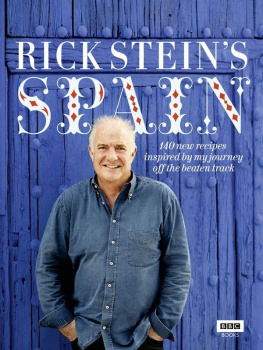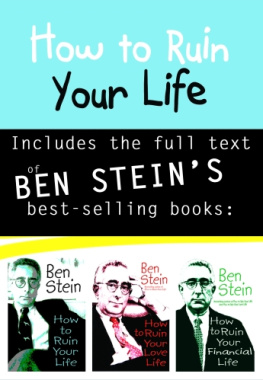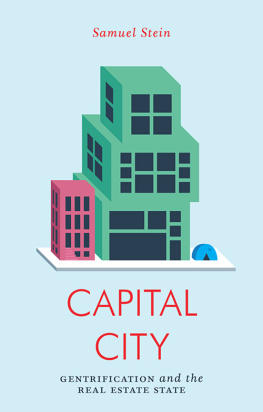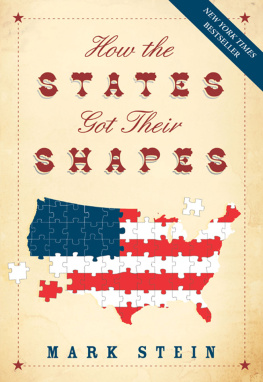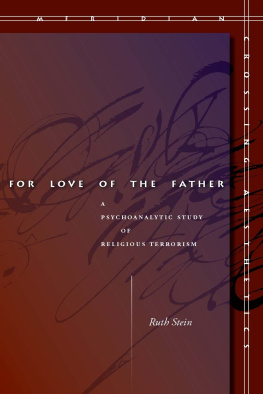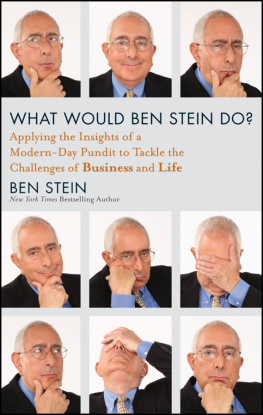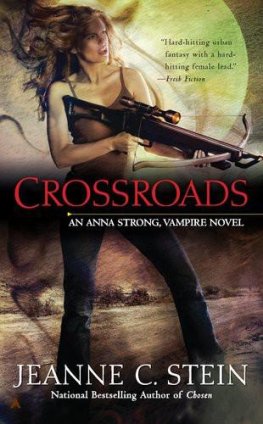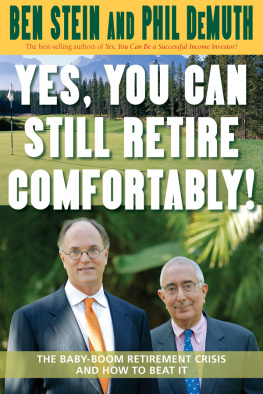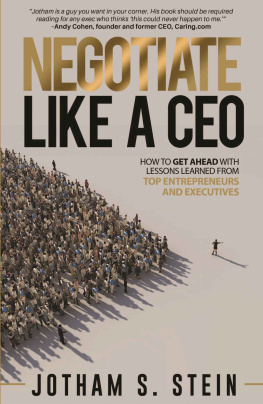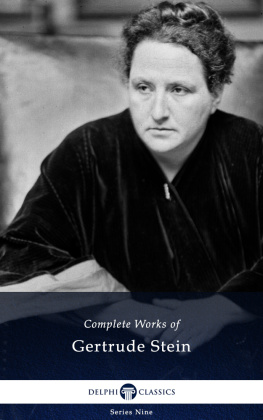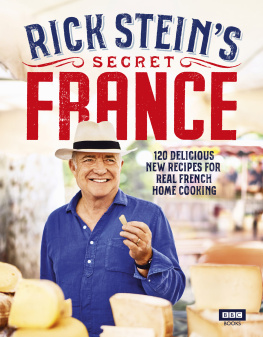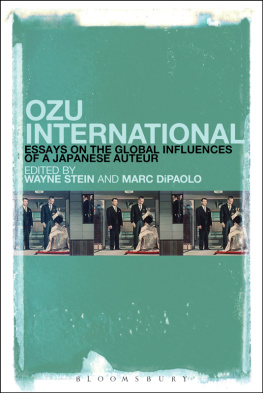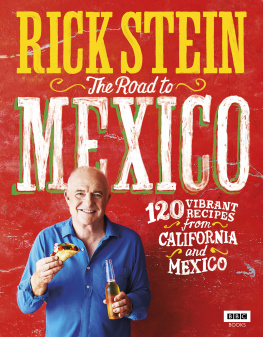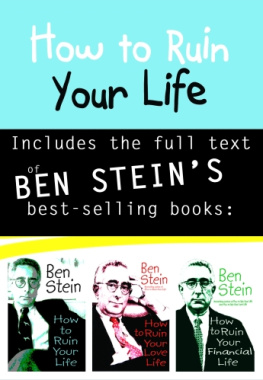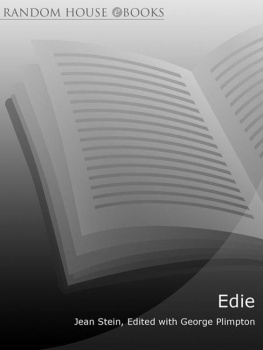Stein - To Me, He Was Just Dad
Here you can read online Stein - To Me, He Was Just Dad full text of the book (entire story) in english for free. Download pdf and epub, get meaning, cover and reviews about this ebook. year: 2020, publisher: Artisan, genre: Home and family. Description of the work, (preface) as well as reviews are available. Best literature library LitArk.com created for fans of good reading and offers a wide selection of genres:
Romance novel
Science fiction
Adventure
Detective
Science
History
Home and family
Prose
Art
Politics
Computer
Non-fiction
Religion
Business
Children
Humor
Choose a favorite category and find really read worthwhile books. Enjoy immersion in the world of imagination, feel the emotions of the characters or learn something new for yourself, make an fascinating discovery.

- Book:To Me, He Was Just Dad
- Author:
- Publisher:Artisan
- Genre:
- Year:2020
- Rating:4 / 5
- Favourites:Add to favourites
- Your mark:
- 80
- 1
- 2
- 3
- 4
- 5
To Me, He Was Just Dad: summary, description and annotation
We offer to read an annotation, description, summary or preface (depends on what the author of the book "To Me, He Was Just Dad" wrote himself). If you haven't found the necessary information about the book — write in the comments, we will try to find it.
Stein: author's other books
Who wrote To Me, He Was Just Dad? Find out the surname, the name of the author of the book and a list of all author's works by series.
To Me, He Was Just Dad — read online for free the complete book (whole text) full work
Below is the text of the book, divided by pages. System saving the place of the last page read, allows you to conveniently read the book "To Me, He Was Just Dad" online for free, without having to search again every time where you left off. Put a bookmark, and you can go to the page where you finished reading at any time.
Font size:
Interval:
Bookmark:
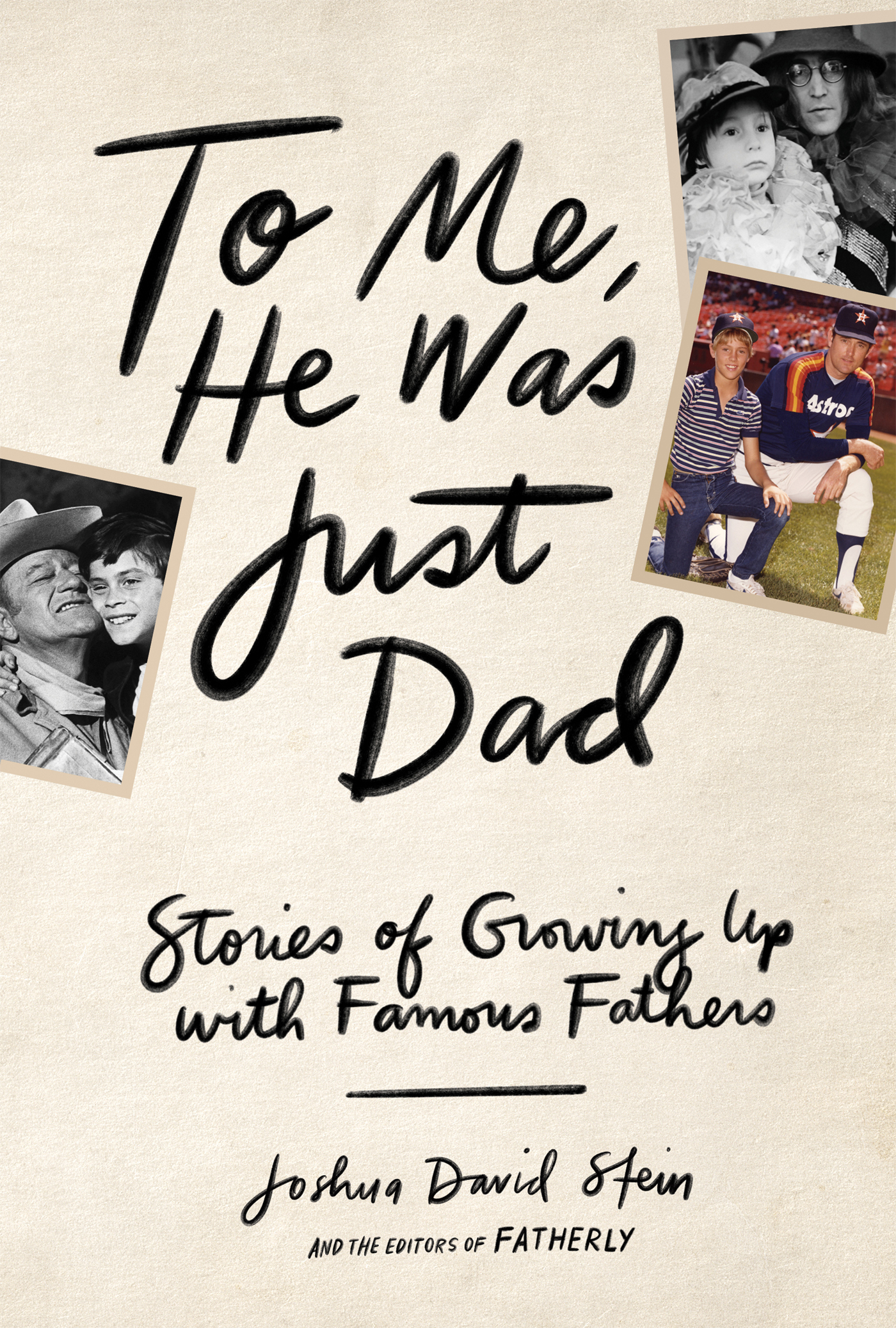
To Me, He Was Just Dad
Stories of Growing Up with Famous Fathers
Joshua David Stein
and the editor of fatherly

this book was inspired by a conversation with Ethan Wayne, son of legendary actor John Wayne. Ethan had written a story for Fatherly.com in which he described toddling around small Mexican towns on the Sea of Cortez hand in hand with his famously imposing father. This image was so at odds with the Dukes popular personathe squinting, the smoking, the stoicismthat it made us curious: How wide , we wondered, is the gap between what the public thinks of notable men and what the sons or daughters of those men experience? Do great men make for great fathers? What about terrible men? And what can we, who likely fall somewhere in between, learn from those answers?
We at Fatherly are journalists obsessed with fathers and the experience of fatherhood, so we did the only logical thing: We asked. We sought out the children of renowned scientists, athletes, musicians, innovators, and even criminals. We collected happy memories and a handful of regrets. We heard stories that surprised us, and a few that didnt. (Jeff Bridges turns out to be exactly who youd hope. Pablo Escobar was a doting dad. Samuel L. Jackson is a nerd. Kurt Vonnegut was a sucker for board games.) We learned that public acclaim for a man both matters to his children and, at the same time, profoundly does not. We discovered how the by-products of famemoney, shame, the demands of the publiccan transform a childs life and thinking.
What follows are essays about the private lives of public men written by their grown children. Taken all together, these pieces are about not just famous fathers but also relative velocitythat is, the ways in which families speed along together, even as they become blurs to the watching world. Many of the men profiled here were luminaries and leaders, men who moved fast. But the kids sitting on their laps saw them as steady hands. They saw in them goodness as well as greatness.
The writers of these essays remember their fathers playing catch, not pro ball; sitting on picnic blankets, not prestigious boards; giving praise, not receiving it. They remember patience, kindness, and humorand the longing they felt when those qualities were absent.
They also remember their fathers trying to balance professional and paternal ambition. Sometimes successfully, sometimes not. After all, many of the men featured in this book were monomaniacal. This was readily apparent to their children, who struggled to calibrate their fathers renown with their own needs. Many now hold on to the moments they spent in the company of their dads with much more tenderness and care than they do these mens outward achievements.
For fathers, this book begs a question about how we will be remembered. What stories will our children tell? What will they have to say about the sacrifices we made and those that we didnt? What will they think of our lifes work? As these essays show, in the formulation My Father the __________, my father is by far the more important descriptor than whatever fills the blank.
If the stories in this book are any indication, our children will remember quiet momentsreading together, curling up on the couchand adventures alike. They will also remember when we didnt show up and what we were doing at the time. Everything will be recorded. How they will calibrate these feelings is impossible to predict. But hopefully, they will see time spent with us as proof that they were lovedand they will remember their fathers moving with speed and purpose but never leaving them behind.
by Habiba Alcindor
Born Ferdinand Lewis Alcindor Jr. in New York City in 1947, Kareem Abdul-Jabbar is widely considered one of the greatest basketball players of all time. He was named the NBAs Most Valuable Player a record six times and is the leagues all-time leading scorer with 38,387 points. In addition to being an athlete, Abdul-Jabbar is an actor and author. In 2016, he was awarded the Presidential Medal of Freedom by Barack Obama. He has five children, Habiba, Sultana, Kareem Jr., Amir, and Adam.
Everyone in los angeles got swept up in Lakers Mania in the early 1980s. Magic Johnson and my dad were huge celebrities. But they were also really different men, and my father didnt benefit from the comparison. Magic was friendly and well-likedhe was always having parties at his huge house or throwing them at Lakers owner Jerry Busss estate in Beverly Hills. My dad lived in Bel-Air. We didnt even know the neighbors. Win or lose, my dad didnt want to be bothered. He wanted to go home and be by himself.
The flashiest thing in my fathers house was an Andy Warhol portrait of him based on a Polaroid Warhol had taken. Otherwise the place was typical for the era. It was a one-story bungalow with Persian carpets everywhere, a Jacuzzi in the bathroom, and a room full of records. I have a lot of memories of my father spending hours in that room, listening to music, or in his bedroom, watching television. I grew up mostly with my mom, but my siblings and I spent summers with my dad. He often seemed distant and disconnected from us children, even though he complained bitterly about our mom having been awarded custody of us.
My brothers would try to bond with my dad by listening to jazz with him. I never did. I hate jazz. Part of the reason is that my dad would put on discordant acid jazz and speed down Sunset Boulevard in his Mercedes-Benz. I associate those old albums with feeling queasy. Weird episodes like that defined our relationship when I was young.
My dad wasnt just weird with me. He was weird with everyone. He wasnt a status-conscious person who performed for other famous people. His closest friends werent who youd expect. They were Lou Adler, who produced The Rocky Horror Picture Show , and Richard Rubinstein, who made Pet Sematary . That wasnt because my dad wanted to be an actor. He never took an acting class, never asked Lou or Richard for roles (though Richard did cast him as a genie in an episode of Tales from the Darkside ). He just got along well with them. Richard shared my dads love of the Dune series and eventually bought the film rights to make a miniseries. Lou, who produced Carole Kings Tapestry , also owned the Roxy Theatre, a famous LA nightclub, so he and my dad bonded over music. Richard and Lou accepted that my dad didnt understand the concept of returning favors. The people who stayed friends with my dad all really wanted to be able to call him a friend.
If my father had lived a normal life, I think he would have caught on more quickly that he didnt have normal relationships with people. But because he was very tall and very famous and black, he didnt have normal relationships with anyone anyway. No one knew how to handle him, but they wanted to be his friendeven if he treated them poorly or was aloof, which he often was. Since he was that way with everyone, I didnt take his behavior personally. Nevertheless, it hurt.
Even before my parents divorced, the NBA schedule kept my dad away from home. During my childhood, there wasnt a continuity to his presence. Though I vaguely knew that his whereabouts were tied to the basketball season, mostly it felt like he just showed up and then was gone. This makes it hard to talk about my father, since building the story is like sorting through random film clips. I remember attending the premiere of Airplane! with him and thinking that we were just going to a movie. My siblings and I tried to play some basketball with him, but he wouldnt let us get the ball. My dad taught me to ride a bike, and he taught me to play baseball. He did those things. He just disappeared for months in between.
Next pageFont size:
Interval:
Bookmark:
Similar books «To Me, He Was Just Dad»
Look at similar books to To Me, He Was Just Dad. We have selected literature similar in name and meaning in the hope of providing readers with more options to find new, interesting, not yet read works.
Discussion, reviews of the book To Me, He Was Just Dad and just readers' own opinions. Leave your comments, write what you think about the work, its meaning or the main characters. Specify what exactly you liked and what you didn't like, and why you think so.

